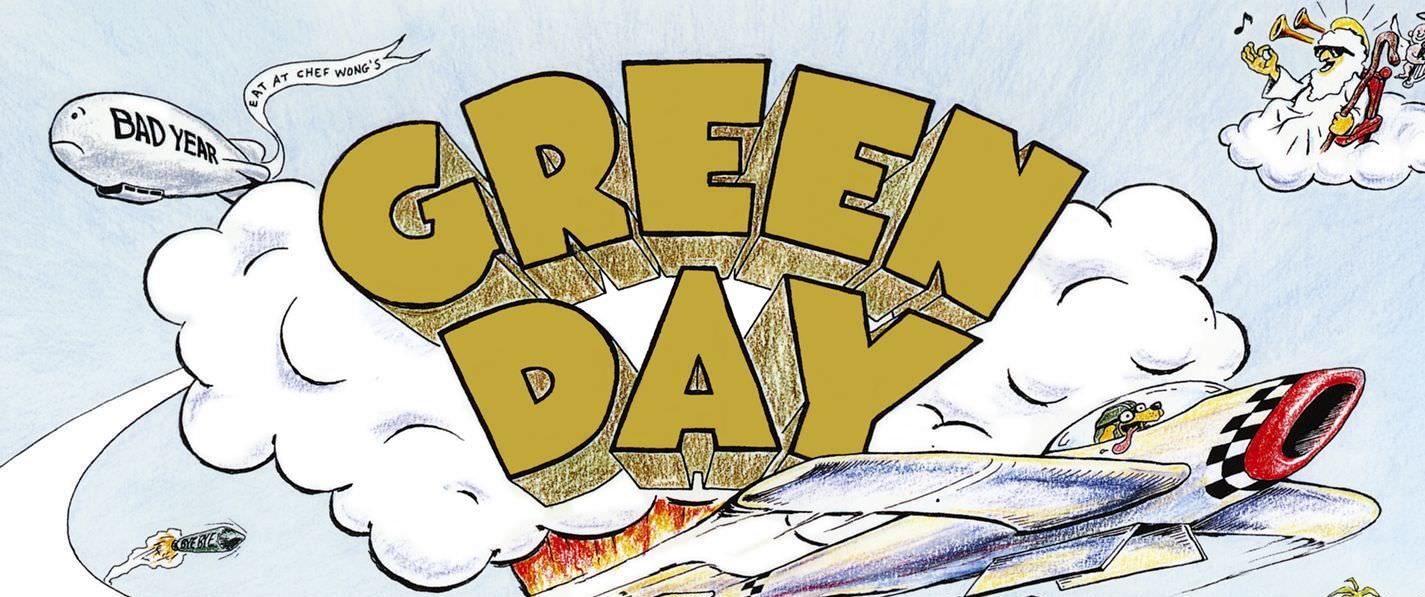Green Day’s ‘Dookie’ Turns 25

Green Day
Dookie
Reprise Records · February 1, 1994
In 2019, it’s hard to believe that when Green Day released Dookie, the band’s major-label debut, listeners berated the band for selling out. Now, after many more releases which have arguably gone downhill, the album stands out as an iconic piece of the pop-punk giant’s discography.
Dookie peaked at number 2 on the Billboard charts the year of its release, and for good reason: It contains legendary hits like “Longview,” with its signature bass line; “Basketcase,” which is, in my opinion, the best song Green Day has ever released; the re-recording of “Welcome to Paradise,” which was originally included on their previous album Kerplunk; “She;” and “When I Come Around.”
The best-known songs from the album aren’t the only ones that hold up as bangers. The opener “Burnout” tells fans right away that the band isn’t going away even though they’ve gotten bigger: “I’m not growing up / I’m just burning out.” On “Chump,” the opening lines “I don’t know you / But I hate you” and raw guitar rips bring any 21st-century listener back to a time of teenage angst (regardless of how old they happened to be back in 1994), and in the best way. “Coming Clean” evokes the same feeling, as vocalist Billie Joe Armstrong, age 22 at the time, sings, “Seventeen and strung out on confusion / Trapped inside a roll of disillusion / I found out what it takes to be a man / Well, Mom and Dad will never understand.”
Songs on the album cover standard topics like relationships, but also traverse subjects ahead of the album’s time, including Armstrong’s anxiety, panic attacks, and sexual orientation. While many modern punk and punk-adjacent artists have followed this trend, at the time, Green Day were atypical in lending their voice to these issues.
The album’s sound matches its lyrics well — although some songs include heavy guitars, it still manages to feel light and fun, capturing the youth of the band’s members. The raw production, a signature of the punk resurgence to come, completes the angry, passionate sound the genre is known for.
Clocking in at just 38 minutes (if you count the hidden track “All By Myself”), Dookie is a quintessential example of the raw energy that ’90s pop-punk is known for. Between intricate bass lines performed by Mike Dirnt and Armstrong’s emotional yelling, it is easy to see why the album is credited as bringing punk music back to the mainstream.